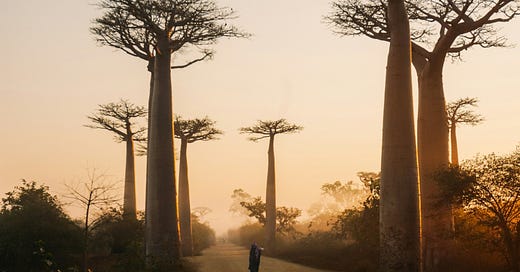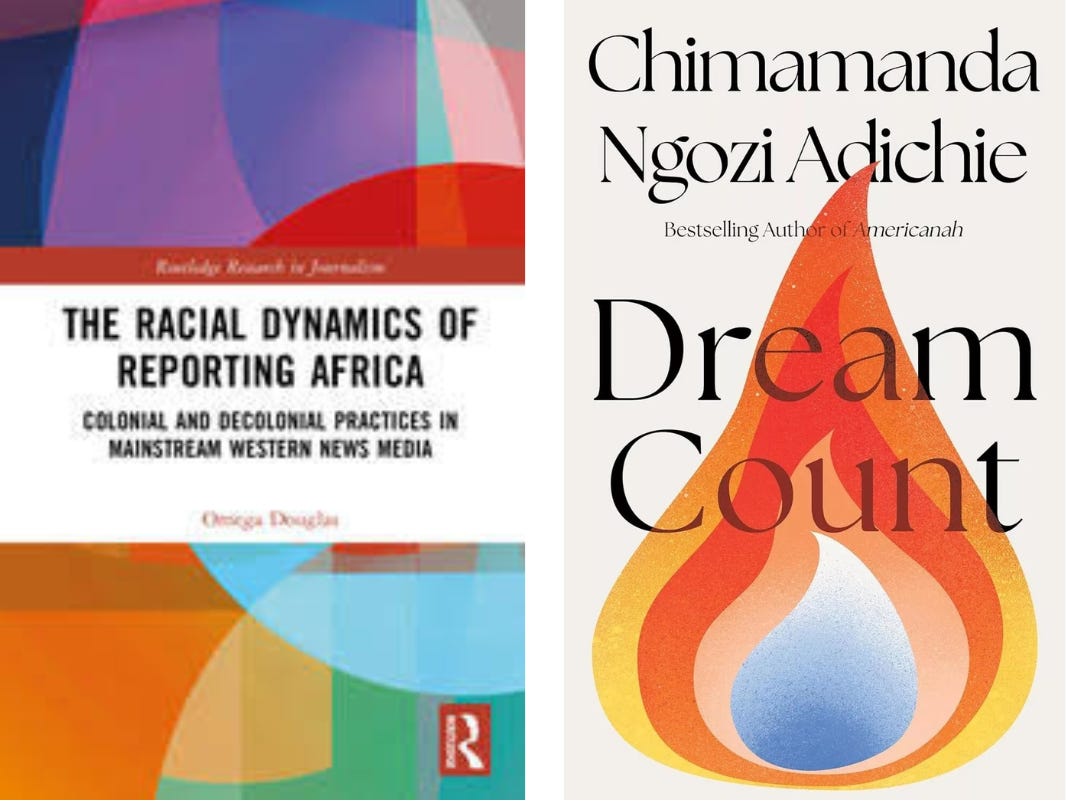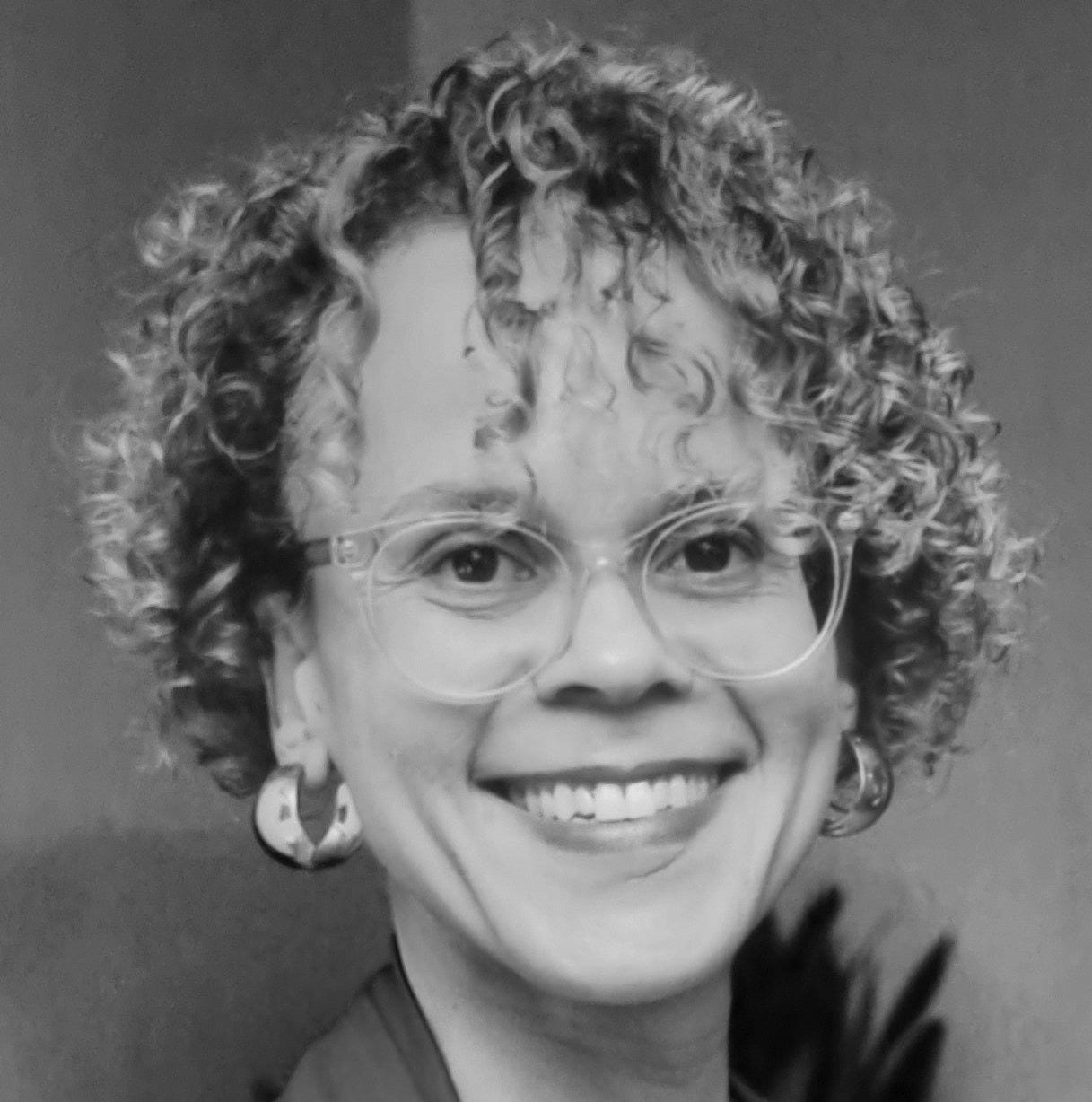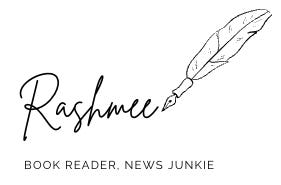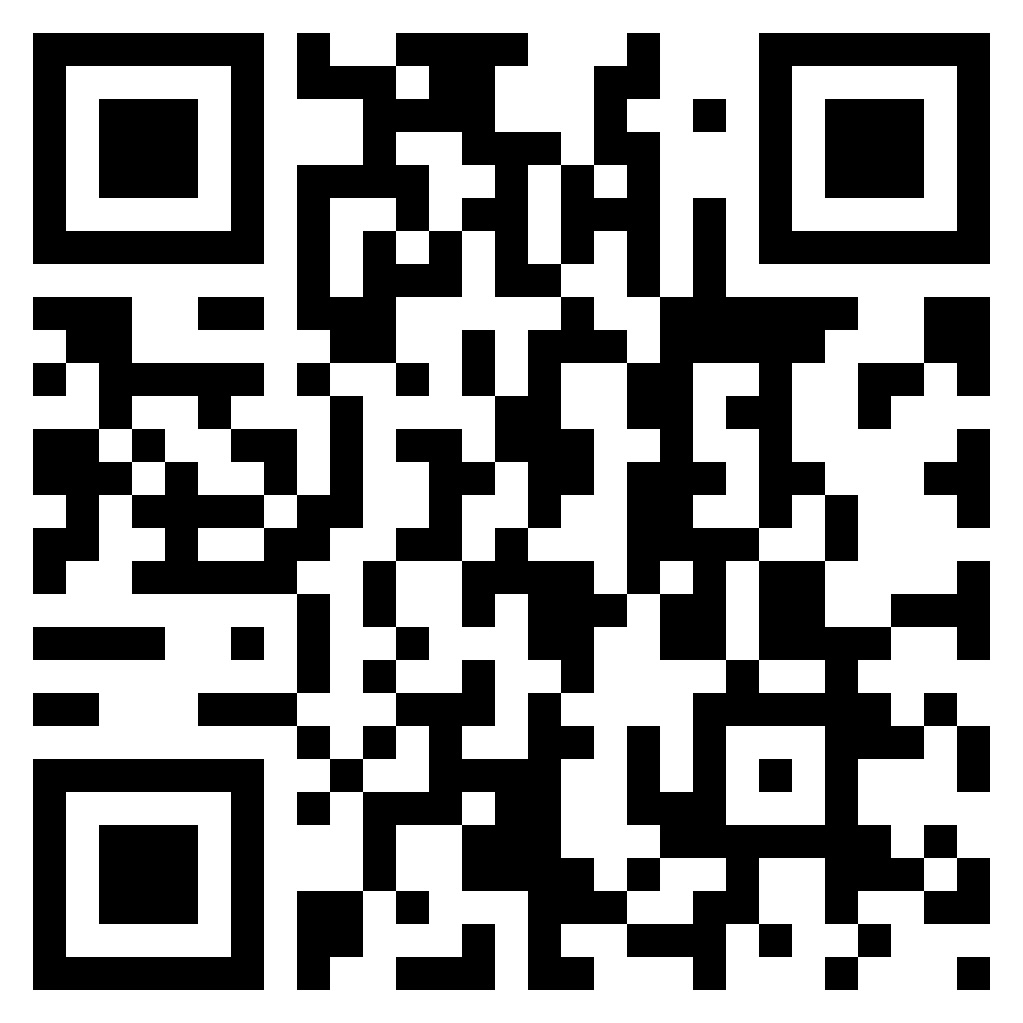How the West views Africa
But does it really see it, asks a new book. And a superstar Nigerian–American novelist's take
This Week, Those Books was created to provide context to the news by linking the big international story to the world of books We now have nearly 11,000 followers in 121 countries on the Substack app. If you find TWTB useful, thoughtful, and…a conversation starter, please help sustain us by becoming a paying subscriber.
This week we have a special offering from Dr Omega Douglas1 on her book, out May 21, 2025, about the persistent Western bias in reporting Africa.
The Big Story:
African leaders have two important meetings this week in the Western world:
South Africa's President Cyril Ramaphosa visits Donald Trump in Washington, DC, against a backdrop of US accusations his country is indulging in “anti-West” posturing and the “genocide”2 of white Afrikaners3
Foreign ministers of the European Union and the African Union gather in Brussels to discuss further cooperation in the 25th anniversary year of their formal partnership
These books offer context:
It’s a small operation here at This Week, Those Books and even the smallest bit of reader support matters enormously and makes our day. If you aren’t already a subscriber, please consider signing up. Thank you.
The Back Story:
The South African president’s visit to the White House is the first by an African leader since Trump took office on January 20.
Trump never visited Africa during his first term.
According to media reports, the European Commission is pondering a controversial plan to attach more conditions to the aid it sends African countries, including the need to stem migrant flows.4
Omega Douglas on her new book
The Racial Dynamics of Reporting Africa: Colonial and Decolonial Practices in Mainstream Western News Media
By: Omega Douglas
Publisher: Routledge
Date and Year: May 21, 2025
I argue that Western bias is a persistent issue in global journalistic practice, as well as journalism studies that analyse that practice.
Research finds that Western bias continues to inform racially stereotypical reporting in Western international news on southern regions, such as the African continent. For example, recent research by African news agency Bird, found that Africa is framed via five dominant themes: poverty, corruption, conflict, disease and poor leadership. The repetition of these stereotypes deter investment, costing the continent £3.2 billion annually.
To help subvert colonially rooted dynamics that reproduce ideological constructions of Africa, I develop a theoretical framework to unpack how and why racialised discourses occur and recur and what we can do about them. This includes exploration of how journalists can and do help reorientate narratives in a decolonial sense.
Institutional locations, in the form of Black majority media spaces like Bird, are vital to decolonise knowledge production because they aim to counter racially stereotypical discourse. As is hearing from Black journalists who work for White-dominated news organisations.
Western, White-dominated news institutions often perpetuate colonial dynamics. These include:
production contexts where White journalists and editors dominate senior levels of journalism, including in international newsrooms that report on Africa
Western approaches to journalism (such as news values that inform story selection) being viewed by some journalists in the Global South as the professional gold standard even though those values may centre the West and perpetuate stereotypical coverage of Southern countries
Western foreign correspondents centring White protagonists, including in stories that predominantly affect Black publics. This practice racialises the ‘relevance’ criteria – is this story relevant to cover – that informs news selection, and erases global majority subjects and audiences
Colonial dynamics also include ‘white saviour’ journalism, which remains an issue in Western coverage of humanitarian news on the Global South. And the same story angles are re-hashed (for example, poor leadership in African countries), which reinforces ‘single story’ narratives.
Like decolonisation generally, decolonising journalism involves unlearning colonially moored ways of doing and seeing. In the process, we can promote creative justice in the journalistic field and help undo colonial legacies that nurture racial and ethnic divisions.
Dream Count
By: Chimamanda Ngozi Adichie
Publisher: Alfred A Knopf
Year: 2025
They think black people do not dream.
For me, that was the most honest and startling sentiment in acclaimed author Chimamanda Ngozi Adichie’s new novel. A Nigerian man said it to comfort his girlfriend Chiamaka (“Chia”) after she has an unsatisfactory conversation with a literary editor. Chia, a Nigerian travel writer living in America, is not comforted. Instead, she wants to know why an African woman is denied the casual pleasure available to white people of writing an ordinary travel book. But the editor had suggested Chia write about the “struggles” in the Congo, or Sudan. For publishers and editors in the West, Chia thinks, Africa is only about “struggles”. Her boyfriend agrees. They don’t think we are able to dream.
Adichie’s novel is composed of the stories of four women – Chia, Zikora, Omelogor and Kadiatou. The first three are Nigerian. They are related – Chia and Omelogor are cousins; Chia, Zikora and Omelogor belong to the same societal band, one that has resources. Kadiatou, however, is a Guinean who manages to immigrate to the US, where she works as a hotel maid. She also cleans for Chia, which is how these four people’s lives interlock.
The basic plot of this novel is each woman’s search for fulfilment. The back story is how their blackness and African-ness affects the way the world sees them.
Choice quote:
Later I told Omelogor, “Charlotte doesn’t like me, but if I were a poor African, she would dislike me less.”
“They can’t stand rich people from poor countries because it means they can’t feel sorry for you.”
Also free to read from the archives:
Write to us: thisweekthosebooks@substack.com
Connect on: LinkedIn | Twitter | Bluesky | Facebook | Threads | YouTube
https://www.gold.ac.uk/media-communications/staff/douglas-omega/
Ramaphosa’s government says whites, who own more than 70% of the land despite making up just 7% of the population, are not discriminated against.
https://x.com/FareedZakaria/status/1924175766717133218
Politico, May 20, 2025. https://www.politico.eu/article/eu-to-africa-no-more-free-cash/


